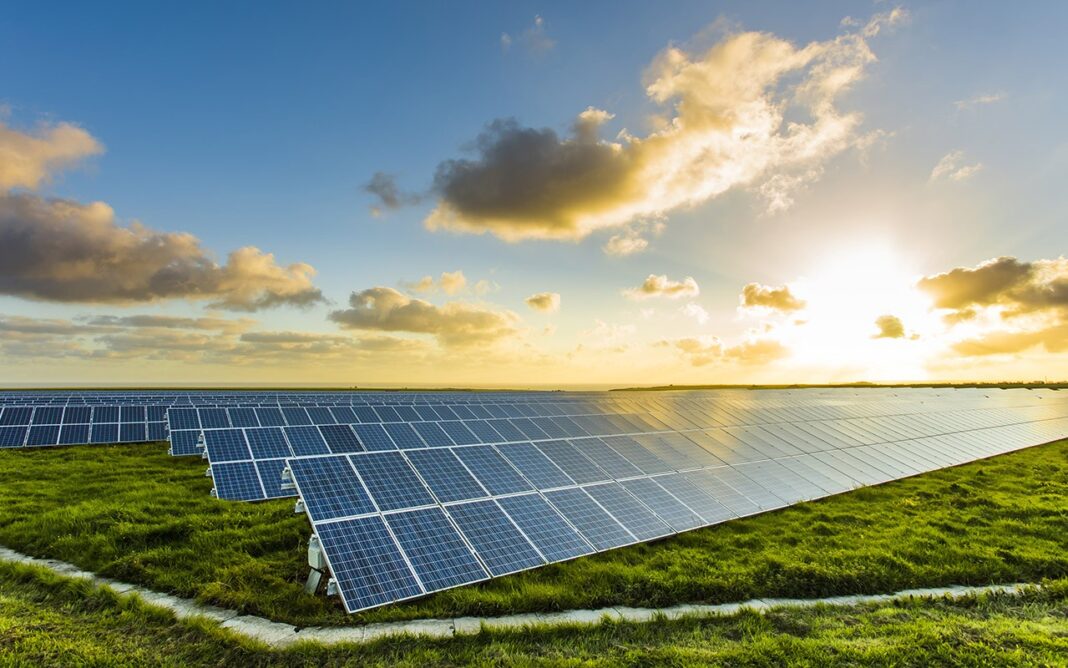The COP26 has come and passed. It has left a bitter taste in the mouth of the developing world, with commentators castigating the arrogance of the developed world – the ‘premier league polluters’ of demanding that the developing world shoulder the burden of First World climate negligence.
One of them is none other than Kim Polley, a reputation resilience strategist who works across sectors from agriculture, energy and financial services to FMCG, ICT and public administration. Her core regions of focus are SADC, EAC and Ecowas.
We all know that the developed world has been responsible for much of the environmental fallout of the past century. It has industrialised on the back of coal and built its own economies at the cost of the planet. Now it is telling emerging markets that they must carry the burden of First World negligence too. This according to Polley is in no way fair, or indicative of a just transition.
“However, what is becoming clear within all this noise, is that the developed world is leading the share of voice (again) and expecting emerging markets to follow along quietly and do what’s good for them.”
The developing world should not let itself be bullied into developed world commitments or timelines. We need a climate change approach that considers and respects our social and economic realities.
Polley believes that the developing world must have the same opportunities to advance and achieve social and economic resilience, without carrying the punitive costs of countries that benefited from unfettered industrialisation.
Furthermore, to the more cynical among us, it may appear that COP26 and the climate change agenda is being used to force commitments from overburdened emerging markets that may in fact limit their opportunities for economic recovery post-Covid-19 — and conveniently ensure the continuation of First World ascendancy.
Nothing could be more true.









